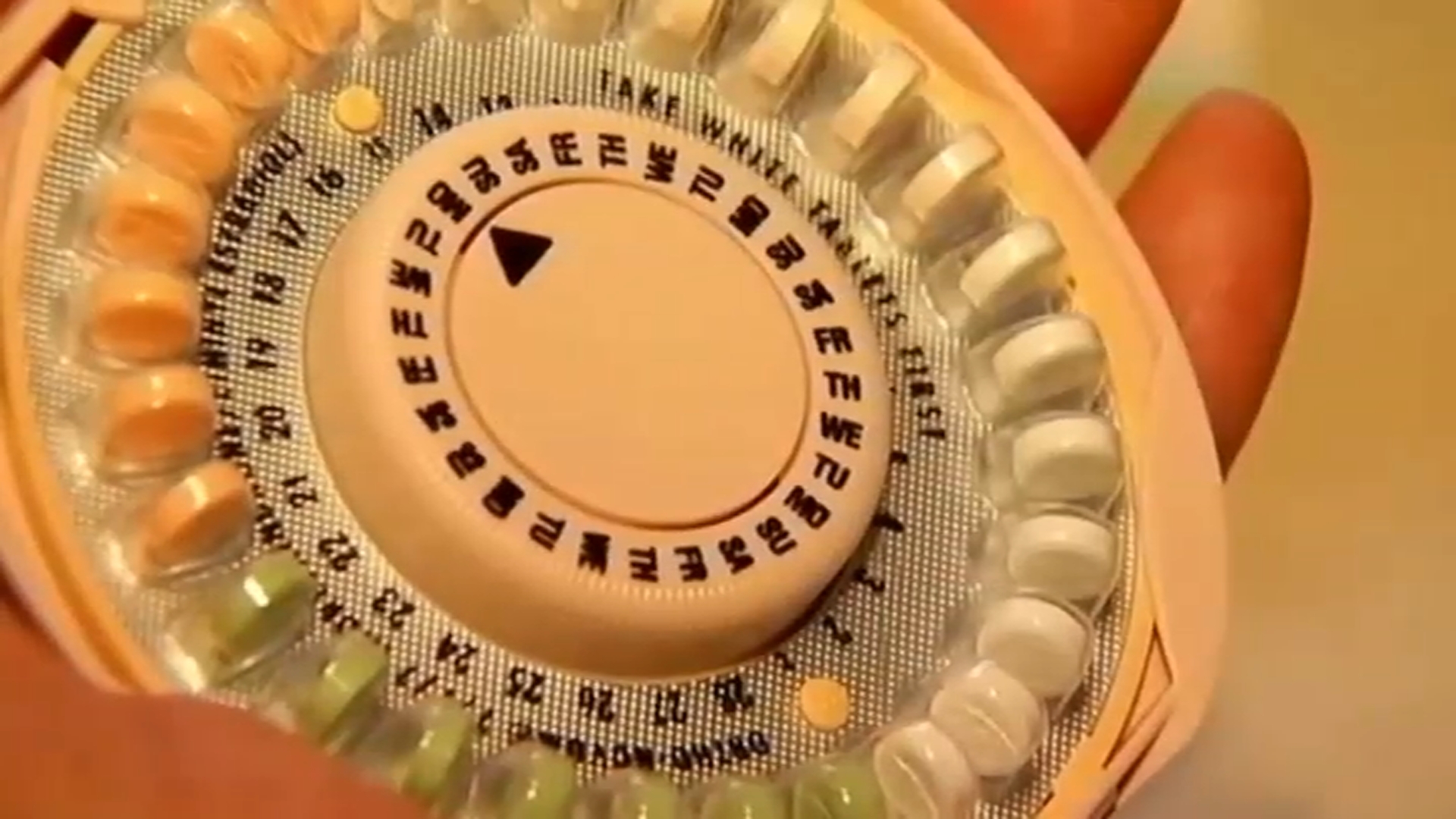Need a Kidney? Try Your Neighborhood Listserv. was originally published on City Desk on Dec. 31, 2008, at 1:07 pm
Nora Greer, a 55-year-old woman who lives in Barnaby Woods, posted a message to the Cleveland Park Listserv in the hope of finding a kidney donor. It reads:
SOS. Next year I’ll need a transplant as I slip closer to acute renal failure. I haven’t been able to find a compatible match from family or friends. I’m seeking a healthy person with TYPE O blood willing to consider the donation of a kidney. I know it’s a huge gift and can only come from a very special person. I’m desperately trying to avoid dialysis. The official waiting time for a cadaver kidney in DC is four to seven years. All donor expenses will be covered by the recipient.
She also posted to the Chevy Chase board and plans to put a message out on the Listserv for Tenley Circle. So far, she says, she’s received well wishes, but no takers. She remains encouraged. Another woman who lives in Scarsdale, N.Y., Beth Abramowitz, received a kidney from a donor who read a plea on Facebook. The plea was posted by an old high school boyfriend and was read by a mother in Tallahassee, Fla., who agreed to give up an organ to a stranger. Abramowitz found out about Greer’s appeal and got in touch to tell her to keep trying.
Greer’s kidneys are 21 percent functional. As that number dips lower, she’ll be forced to go on dialysis. Her doctor told her last summer she’ll need a new kidney in 2009 and that she should start asking people she knows. It’s a prospect that doesn’t thrill her.
“Some of us have trouble asking for rides,” she says. “It’s a huge thing….Some people I know have come forward, but they’re they wrong blood type, or they have physical limitations, or they’re the wrong age.”
Local
Washington, D.C., Maryland and Virginia local news, events and information
This is a huge problem nationally, and in D.C., where Greer says there are more than 1,000 people in need of kidneys. “There are not enough cadavers, not enough people want to donate their organs.”
Greer, a freelance editor and writer, came to D.C. from her native Chicago in 1977. She’s married and does not have kids, in part because of the damage to her body caused by lithium treatments administered prior to her leaving Chicago. (She is diagnosed with bipolar disorder; her family, she says, has a history with the disease.) The lithium, widely administered after gaining FDA approval in 1970, also scarred her kidneys, she says. A study published by the National Institutes of Health states that renal damage is a known side effect and that “although this effect of lithium is probably functional and reversible early in treatment, it may become structural and irreversible over time.”
Greer’s ideal donor is between 20 and 60 years old, is Type O or Type-O compatible, and has no health problems. For her part, Greer plans to continue to pursue whatever legal means to find a kidney. “But it’s scary to me. I’d probably be more of an expert on how to do this at this point, but I put it away some days. Sometimes I don’t want to accept this is happening.”



